Doric String Quartet - Janáček: String Quartets Nos. 1 & 2 - Martinů: String Quartet No. 3 (2015) [Hi-Res]
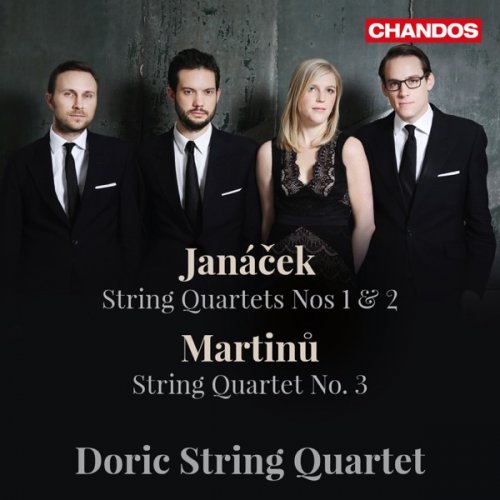
Artist: Doric String Quartet
Title: Janáček: String Quartets Nos. 1 & 2 - Martinů: String Quartet No. 3
Year Of Release: 2015
Label: Chandos
Genre: Classical
Quality: flac 24bits - 96.0kHz
Total Time: 00:59:22
Total Size: 1.1 gb
WebSite: Album Preview
TracklistTitle: Janáček: String Quartets Nos. 1 & 2 - Martinů: String Quartet No. 3
Year Of Release: 2015
Label: Chandos
Genre: Classical
Quality: flac 24bits - 96.0kHz
Total Time: 00:59:22
Total Size: 1.1 gb
WebSite: Album Preview
---------
01. String Quartet No. 1, JW VII/8 "Kreutzer Sonata": I. Adagio-Con moto
02. String Quartet No. 1, JW VII/8 "Kreutzer Sonata": II. Con moto
03. String Quartet No. 1, JW VII/8 "Kreutzer Sonata": III. Con moto-Vivo-Andante
04. String Quartet No. 1, JW VII/8 "Kreutzer Sonata": IV. Con moto-Adagio-Più mosso
05. String Quartet No. 2, JW VII/13 "Intimate Letters": I. Andante-Con moto-Allegro
06. String Quartet No. 2, JW VII/13 "Intimate Letters": II. Adagio-Vivace
07. String Quartet No. 2, JW VII/13 "Intimate Letters": III. Moderato-Allegro-Adagio
08. String Quartet No. 2, JW VII/13 "Intimate Letters": IV. Allegro-Andante-Adagio
09. String Quartet No. 3, H. 183: I. Allegro
10. String Quartet No. 3, H. 183: II. Andante
11. String Quartet No. 3, H. 183: III. Vivo
This new recording by the Doric String Quartet pays homage to the Czech chamber music of the 1920s, featuring string quartets by Janácek and Martinu. Exclusive on Chandos, The Doric String Quartet is now established as one of the finest young ensembles in the world.
The chamber music output of Janácek is relatively small but often programmatic. As acknowledged by the composer, the two string quartets are a vehicle for his deepest feelings. The mounting tension of String Quartet No. 1, which culminates in a less anguished last movement, emphasises the heightened feelings of love, passion, and remorse with which he was concerned at the time of its writing. As he summed it up, the work depicts the ‘miserable woman, suffering, beaten, beaten to death’ from Tolstoy’s Kreutzer Sonata. Titled Intimate Letters, the Second Quartet – the last work Janácek completed – fulfils an autobiographical function, being a no less ardent and personal composition.
The Third String Quartet by Martinu reflects the influences of his teacher Roussel as well as the night-life ragtime and jazz world of Paris in which it was written, in 1929. By far the shortest of his seven mature quartets, it yet gives a greater degree of independence to each of the four instruments, allowing for some striking harmonic clashes and colourful scoring.
“Anyone with an interest in the music, and an interest in contemporary string ensembles should hear this disc. If you hear it, I suspect you will acquire it.” (James Forest, Fanfare)
“The Doric’s Janacek is excellent in most respects. Their execution is immaculate, their phrasing sensitive and intelligent, and there is plenty of rhythmic energy. All the lyrical passages are beautiful, they usually bring out these works’ emotional turmoil very well Martinu’s Quartet is less nationalistic than Janacek’s, and the Doric’s energetic, virtuosic reading is splendid. The bright outer movements are played with panache” (Greg Pagel, American Record Guide)
![Paul Giess - Phronesis (2026) [Hi-Res] Paul Giess - Phronesis (2026) [Hi-Res]](https://img.israbox.com/img/2026-03/03/jnvs3x8azp7r5exf5vijztdkf.jpg)

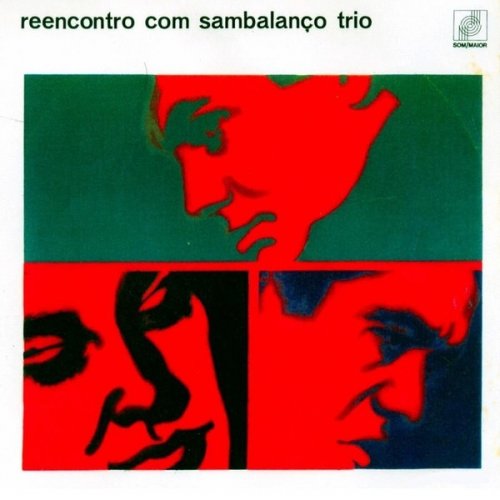
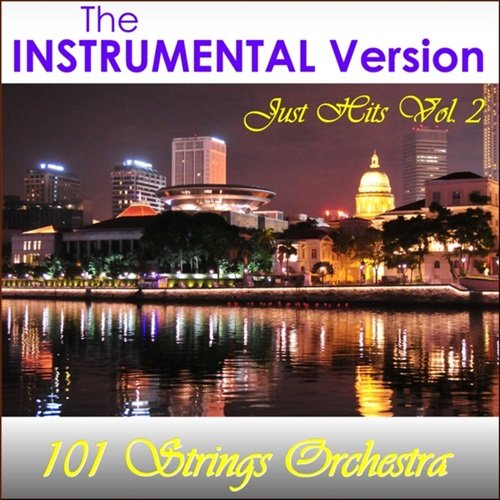
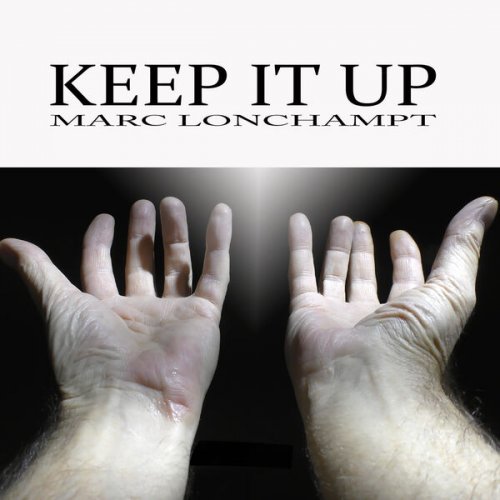
![Herminio Bello De Carvalho - Hermínio Bello de Carvalho 90 (2026) [Hi-Res] Herminio Bello De Carvalho - Hermínio Bello de Carvalho 90 (2026) [Hi-Res]](https://img.israbox.com/img/2026-03/01/7d9otuo4k41izuhqy3mc75spu.jpg)
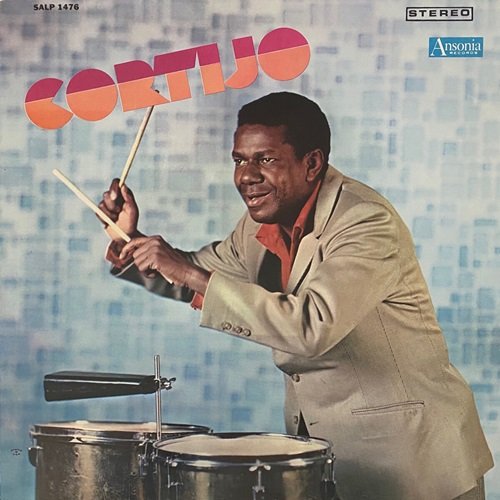
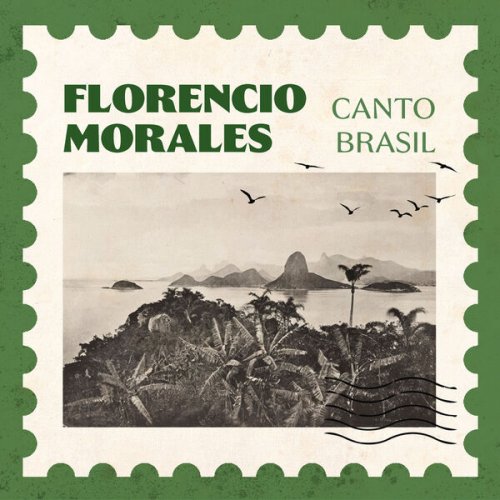
![Mehmet Ali Sanlikol - The Electric Oud Man Speaks and You Listen... (2026) [Hi-Res] Mehmet Ali Sanlikol - The Electric Oud Man Speaks and You Listen... (2026) [Hi-Res]](https://img.israbox.com/img/2026-02/28/0areq907i6p8nj96306jai1a0.jpg)